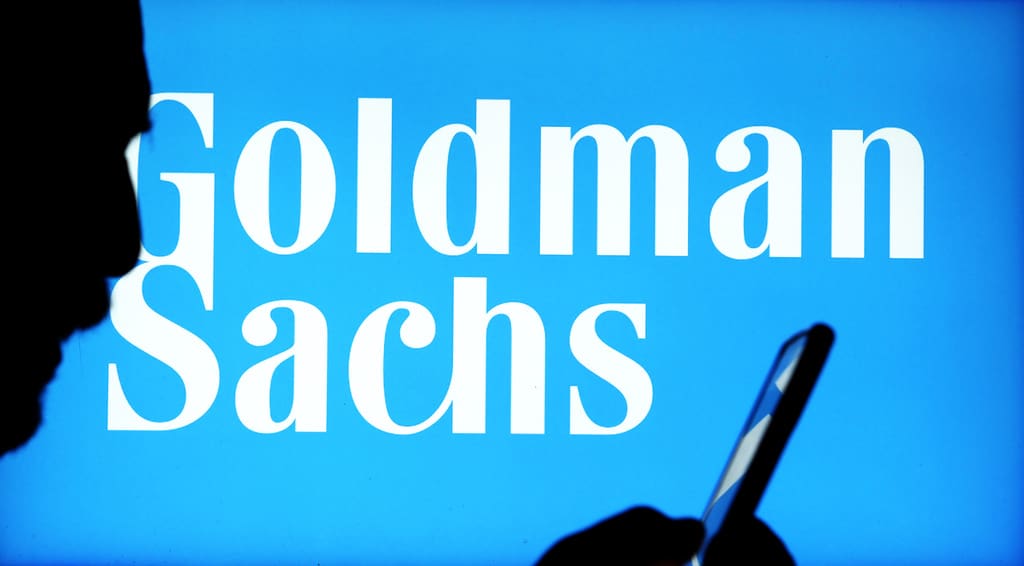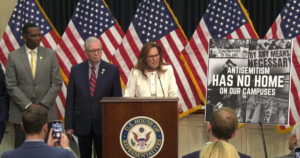
Recent research from Goldman Sachs has shed light on the potential economic repercussions of President Donald Trump’s broad-based tariffs. While intended to bolster manufacturing jobs, these tariffs could inadvertently trigger significant job losses across various sectors.
According to Goldman Sachs’ analysis, although Trump’s tariff strategy might result in the creation of approximately 100,000 manufacturing positions, it could simultaneously cause a loss of up to 500,000 jobs in other industries. This projection excludes the potential impact of a recession, which could further exacerbate job market conditions.
The tariffs are expected to particularly affect industries that depend heavily on imported components, such as those involved in heavy machinery and semiconductor production.
This analysis draws upon a comprehensive review of academic studies examining the effects of tariffs. Tariffs, which act as a tax on imports, are ultimately paid by American businesses and often lead to increased consumer prices. Despite this, Trump maintains that these tariffs will generate revenue and provide the United States with leverage in international negotiations.
On April 2, Trump imposed tariffs on imports from 185 countries. Although many of these tariffs were later reduced to 10% after market instability, significant tariffs on Chinese goods, which make up about 17% of U.S. imports, remain in place.
A previous Goldman Sachs report also highlighted that Trump’s extensive federal spending cuts could further hinder employment growth.
“Uncertainty about both tariffs and government spending cuts could depress job growth,” the report stated. “We estimate that trade policy uncertainty will exert a roughly 20k drag on monthly employment growth, that the direct effects of federal spending cuts will reduce federal government payroll growth by 25-30k jobs per month this year, and that uncertainty about federal payments will reduce hiring by about 35k in sectors that rely heavily on federal funding such as state and local government, healthcare, and education.”
Both reports from Goldman Sachs indicate that the long-term effects of the tariffs remain uncertain. However, they suggest that Trump’s objectives of increasing revenue and job growth may not be realized.
The White House has not yet provided a comment on these findings.






